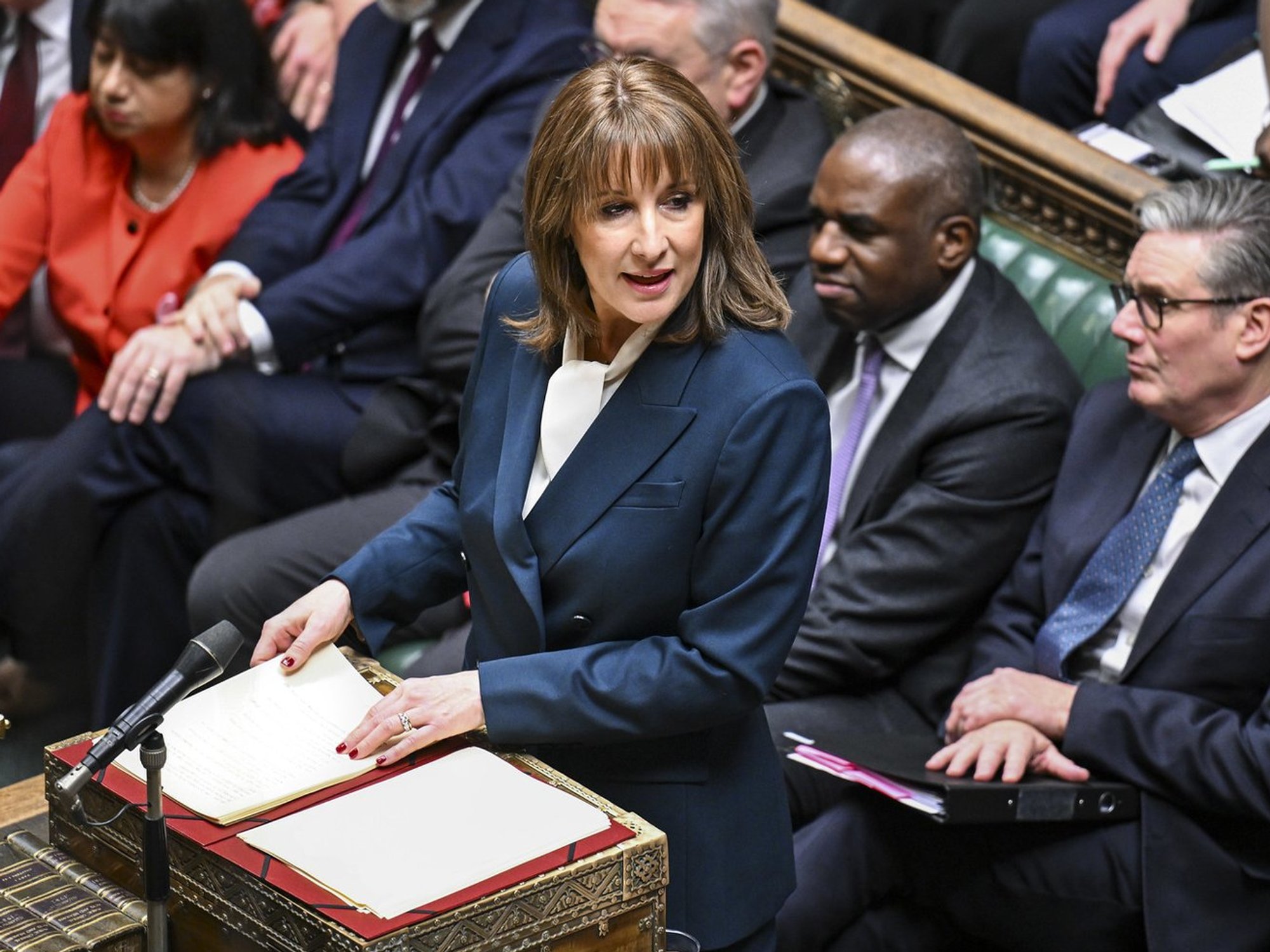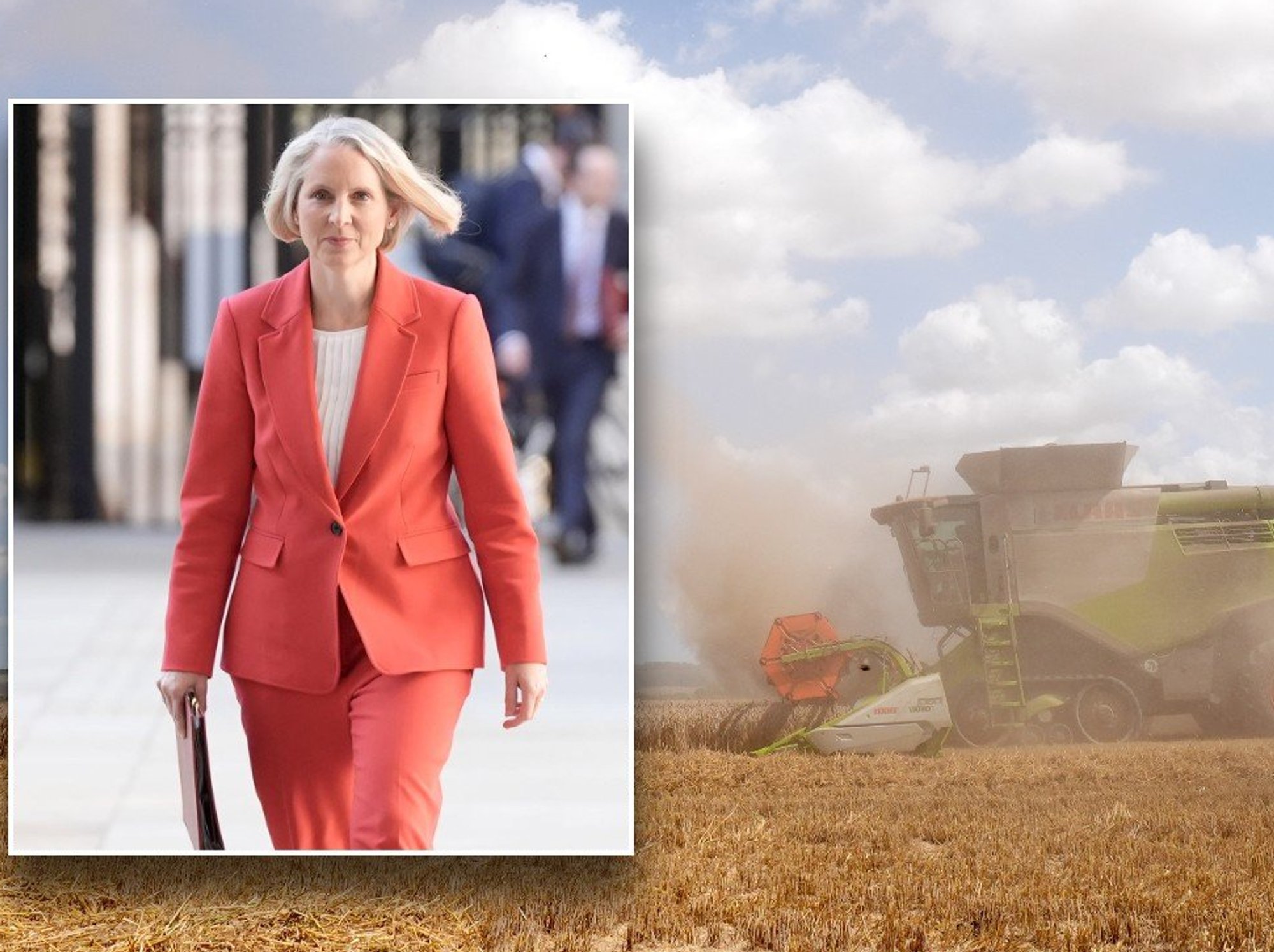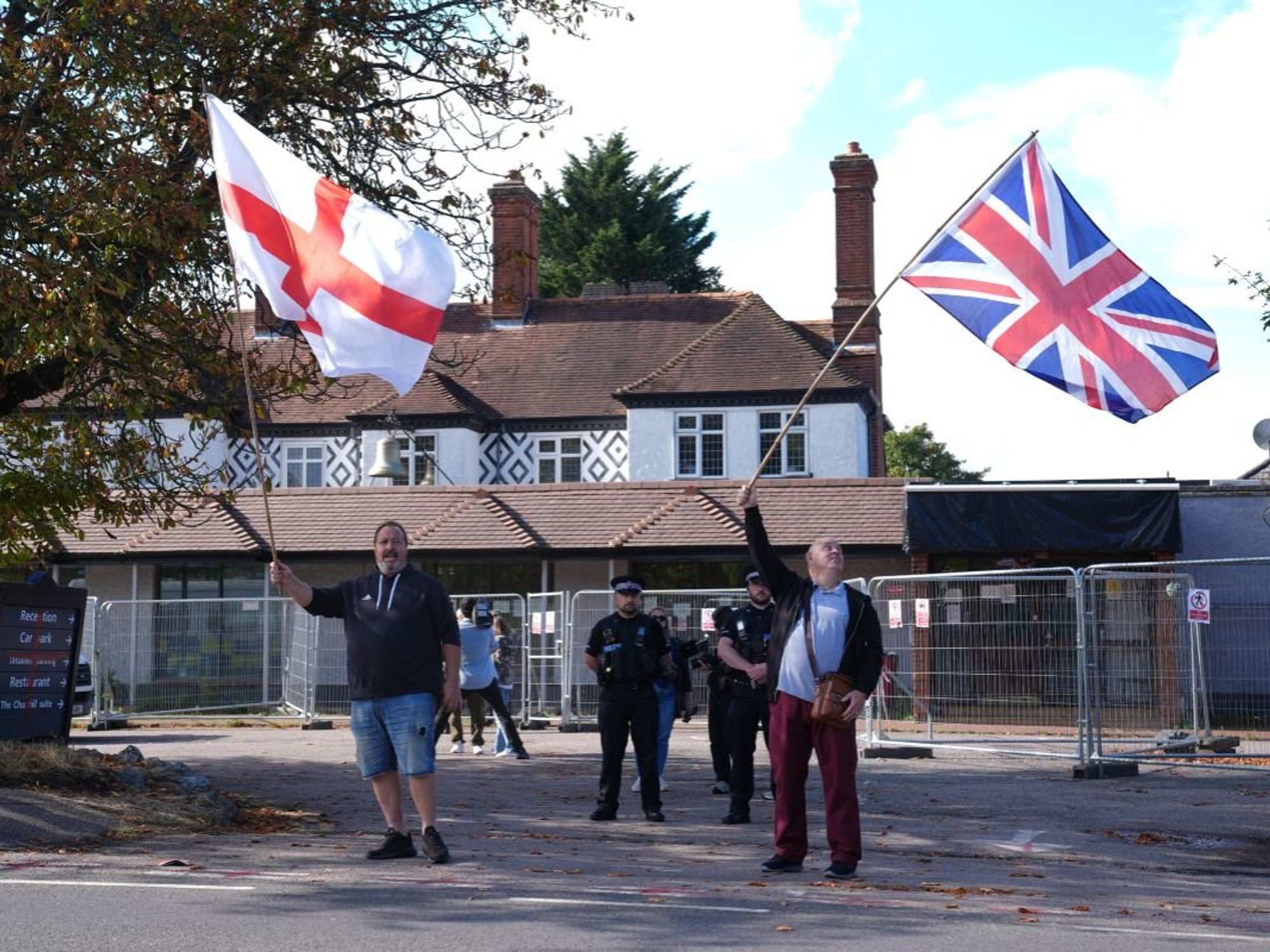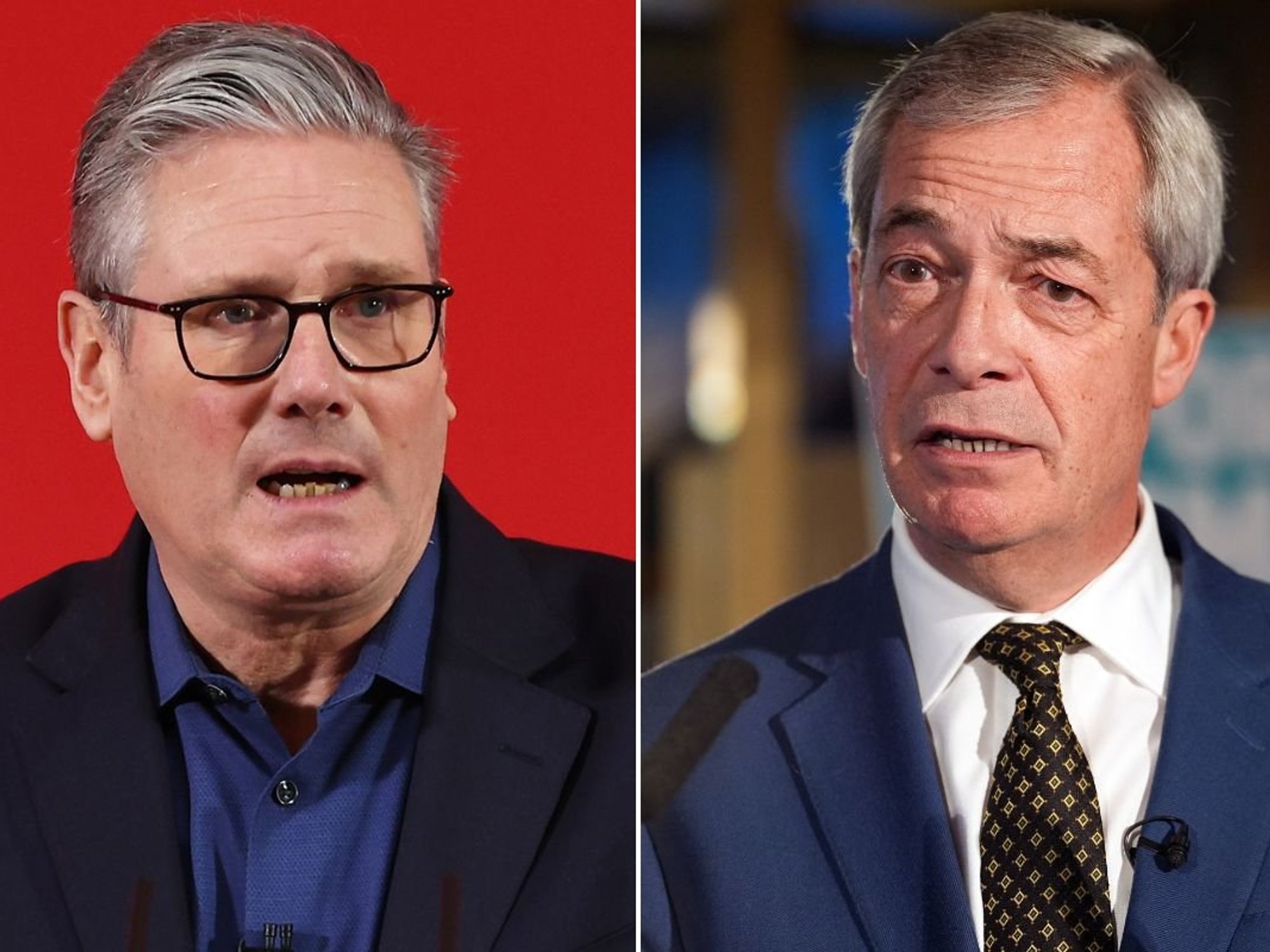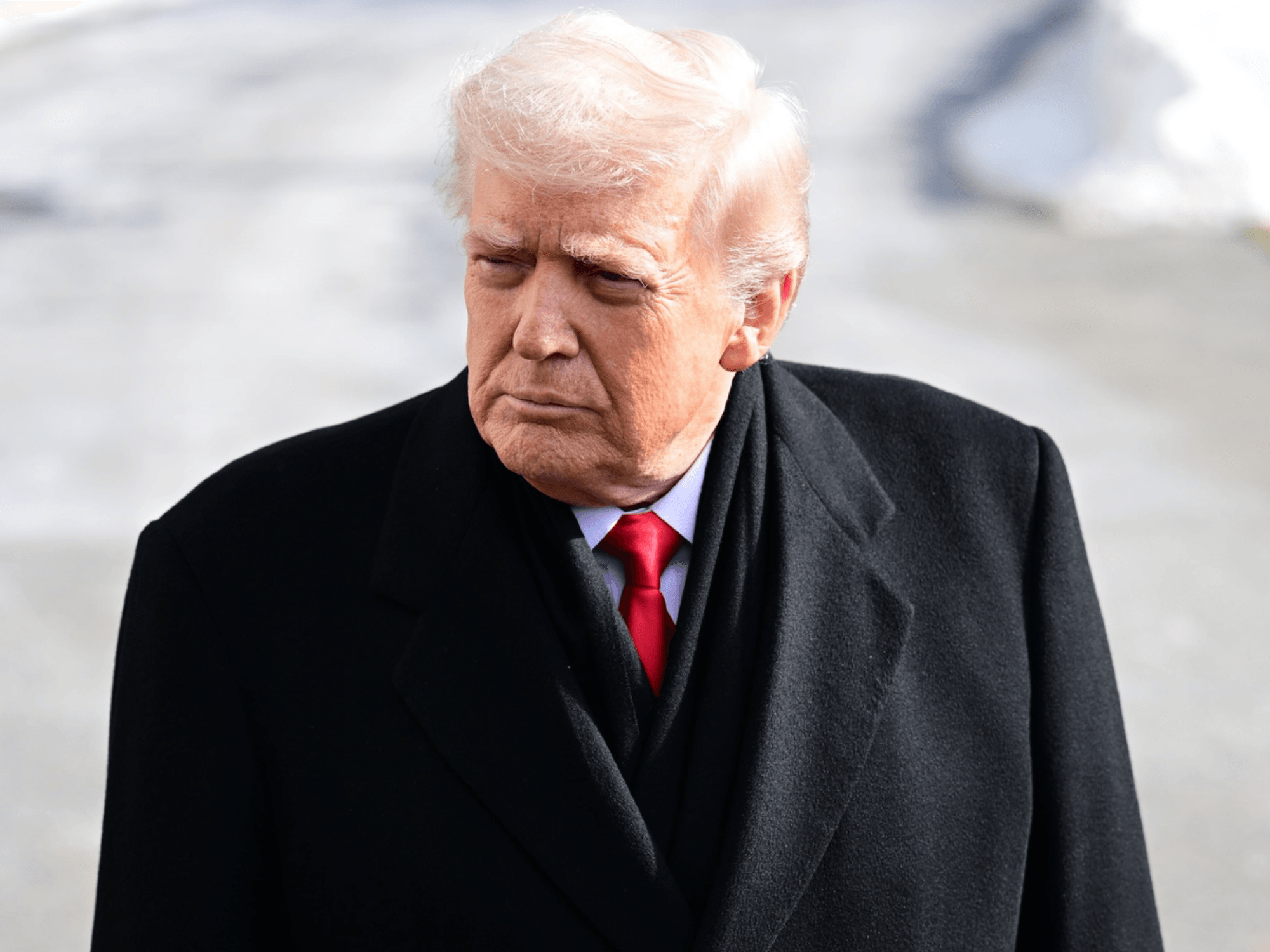Labour's donations scandal strikes at the heart of transparency, integrity and public trust, says Jacob Rees-Mogg

WATCH NOW: Jacob Rees-Mogg exposes Labour’s donations scandal
|GB NEWS

'For a Prime Minister and his team, proving their integrity and adherence to these rules isn’t optional, it’s mandatory'
Don't Miss
Most Read
Trending on GB News
Sir Keir Starmer is in the midst of another row over donations and integrity.
It has been revealed that the Reverend Starmer’s path to becoming Labour leader and now Prime Minister was heavily assisted by Labour Together; the think tank spent hundreds of thousands of pounds on polling and research, all aimed at boosting Starmer’s leadership prospects.
But now, it seems, some of these funds may not have been properly declared. £700,000 of donations were not properly registered by Labour Together from 2017-2020, much of it during Keir Starmer’s Labour leadership campaign in 2020.
The funding was only made public months after Keir Starmer had already secured the leadership.
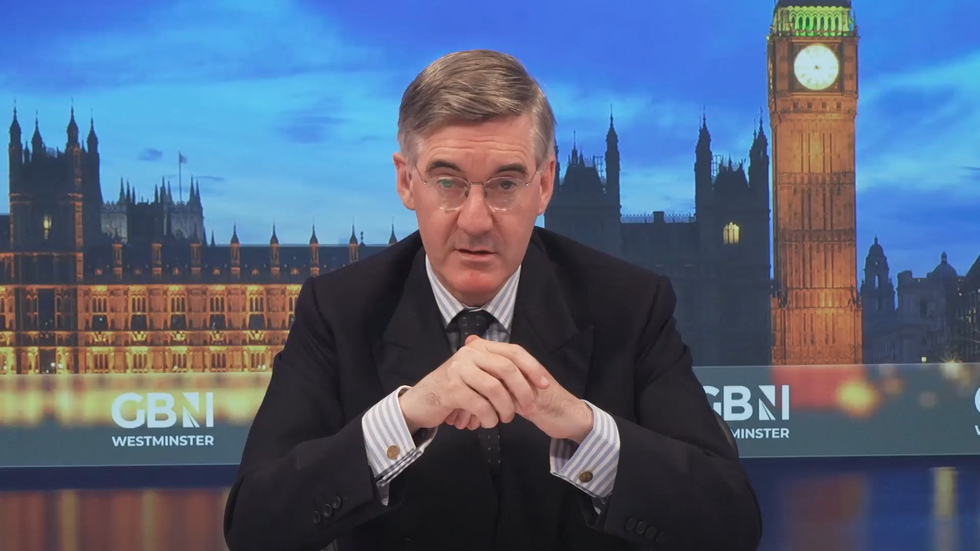
Jacob Rees-Mogg exposes Labour’s donations scandal
|GB NEWS
And today it’s been revealed that a leaked 2021 email shows that the Labour Party’s lawyer Gerald Shamash suggested Mr McSweeney could simply call the omission an “administrative error.”
Morgan McSweeney, the Prime Minister’s Chief of Staff, was the director of Labour Together, and also ran Keir Starmer’s leadership campaign.
More than £100,000 in donations came in while he was running the campaign, and Steve Reed and Shabana Mahmood, both now senior ministers, openly acknowledge that Labour Together played a key role in helping him win.
Work and Pensions Secretary Pat McFadden spoke to GB News about this earlier today: "I'm not surprised that political opponents are trying to attack Morgan McSweeney, the chief of staff at number ten.
"He's very effective. He was a big part of Labour's election victory last year. So I'm not surprised they're attacking him. But the Electoral Commission's job is to police all these things, and they said they looked into it some years ago."
However, Parliamentary rules clearly require MPs to declare any ‘support in kind’; over £1,500. Keir Starmer’s register of interests contains no record of this support.
The story goes further when we look at the £700,000 in donations that Labour Together reportedly failed to disclose. The Electoral Commission advised these donations needed to be declared.
Mr Shamash, in the leaked email, admitted there was ‘no easy way’ to explain this apparent dereliction of duty.
Of course Labour would deny any wrongdoing. A Labour source told the media: "Neither Keir, nor his leadership campaign accepted monetary or in kind donations from Labour Together during the leadership election."
And a Downing Street source said: "Everything was declared properly in relation to the leadership election".
Labour Together was fined £14,250 for more than 20 breaches of electoral law, and it was only after Mr McSweeney left that his successor reported the missing donations to the Electoral Commission.
Under the Political Parties, Elections and Referendums Act, MPs are required to check that donations and loans over £500 come from permissible sources, to register donations over £1,500 within 30 days.
This includes financial support, loans, gifts of property, and support in kind.
The MPs’ Code of conduct section one, category 2b defines donations liable for declaration as: "Any other support received by a Member. This includes support received indirectly, for example via a political club".
The think tank failed to declare significant financial and in-kind support, waited months to disclose donations, and sought to downplay the issue as an ‘administrative error.’
This is not a minor oversight. It strikes at the heart of transparency, integrity, and public trust in the political process.
Today I can reveal that a complaint has been submitted to the Parliamentary Commissioner for Standards by a member of the public.
It is now up to him to take action on Mr McSweeney’s failure to adhere to Parliamentary rules on donation declarations.
For a Prime Minister and his team, proving their integrity and adherence to these rules isn’t optional, it’s mandatory, and failing to do so raises serious doubts about judgment and accountability at the very top of Government.





